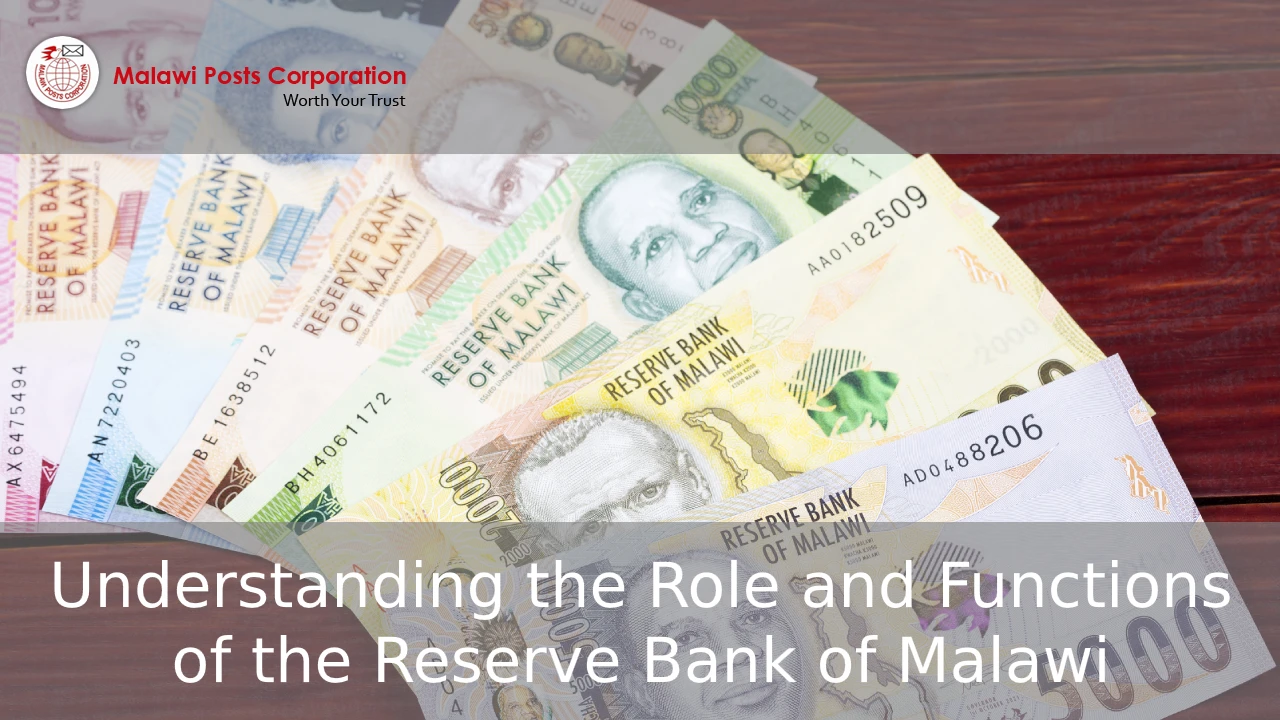The Malawi Bureau of Standards (MBS) might not make daily headlines, but it plays a vital role in shaping quality, safety, and efficiency in Malawi. Whether you’re a consumer, a business owner, or simply curious about how products maintain quality, the MBS holds significance for everyone. This blog explores the mission of the bureau, its key functions, and how it impacts various aspects of life and business in Malawi.
The Malawi Bureau of Standards at a Glance
Established in 1972, the MBS operates under the Ministry of Industry and Trade. It has one key mission—to promote the development and use of standards and quality assurance systems in Malawi. By doing so, it ensures consumer protection and fosters local business growth. Its work benefits both ordinary Malawians who demand safe and quality products and industries looking to compete locally and internationally.
But what exactly does the MBS do, and why does its work matter so much? Let’s break it down.
Key Roles of the Malawi Bureau of Standards
1. Developing and Maintaining Standards
One of the core mandates of the MBS is creating national standards for various products and services. These standards establish clear criteria for safety, performance, and quality. By adopting internationally recognized practices, the bureau ensures that Malawi’s standards remain globally competitive.
From food products to electrical goods, ensuring compliance with these standards is essential for facilitating fair trade and building trust among consumers. For instance, thanks to these regulations, shoppers can confidently purchase packaged water or canned food without fear of substandard quality.
2. Product Testing and Certification
Ensuring that products meet specified standards is another critical function of the MBS. It does this by systematically testing products during production or pre-market phases. Certified products receive the MBS seal of approval, assuring consumers that they meet stringent safety and quality requirements.
For example:
- Food and Beverage Testing: The MBS tests food items to ensure they are free of harmful contaminants and safe for consumption.
- Industrial Products: Products like construction materials or electrical appliances undergo rigorous checks to verify durability and functionality.
Certification allows companies to stand out in increasingly competitive markets while building consumer confidence in their brands.
3. Promoting Trade and Consumer Protection
When local businesses adhere to MBS standards, they gain a better foothold both regionally and globally. Certified products can enter regional and international markets more easily, granting their makers a competitive advantage.
MBS also acts as a shield for consumers. By monitoring and regulating products, it minimizes exposure to counterfeit or subpar goods, protecting the health and safety of Malawi’s citizens.
4. Training and Consultation Services
Another critical role of the MBS is providing training and consultancy services to businesses. This involves educating manufacturers about industry best practices, quality management systems, and compliance requirements.
For instance, companies are guided on how to interpret and apply specific standards to their operations, ultimately improving the consistency and quality of their goods or services.
5. Market Surveillance
The MBS conducts routine inspections to remove non-compliant or falsely labeled products from the market. Visiting retail stores and production units, compliance officers ensure that uncertified goods do not slip through the cracks.
Take, for instance, cosmetics or pharmaceuticals. Without proper oversight, the market could easily overflow with counterfeit products, many of which pose serious health risks. Market surveillance guarantees that consumers have access only to safe, approved products.
Sectors Benefiting from MBS Regulations
The MBS’s influence spans various industries. Here are a few key sectors benefiting from its operations:
Farming and Agribusiness
Malawi, being an agriculture-driven economy, leans heavily on the MBS. Standards ensure that farming inputs such as seeds, fertilizers, and pesticides are authentic and effective. Additionally, certified food-processing industries create products that meet international export standards, allowing Malawi’s agricultural goods to reach foreign markets.
Manufacturing and Industrial Goods
By aligning products with MBS standards, industrial manufacturers ensure the durability and safety of their outputs, from construction materials to machinery. The quality certification also boosts local industries’ ability to compete with international imports.
Retail and Consumer Goods
The retail sector thrives when consumers have confidence in what they’re purchasing. Be it packaged foods, cosmetics, or bottled beverages, MBS compliance means customers can buy without worry.
Tourism and Hospitality
The tourist industry benefits immensely from MBS-approved health and safety standards, especially in areas like food safety and building codes for accommodations. These measures ensure a positive experience for visitors, boosting Malawi’s reputation as a travel destination.
Challenges Facing the Malawi Bureau of Standards
While MBS works efficiently within its mandate, challenges such as limited resources, counterfeit goods, and lack of public awareness make its mission difficult. Some businesses either lack the knowledge of compliance procedures or fail to recognize its importance, leading to issues of non-compliance.
The good news is that the bureau is steadily taking steps to address these challenges. For instance, public awareness campaigns and collaborative efforts with international regulatory bodies are helping bridge the gap.
Why Businesses Should Prioritize Compliance
For businesses operating in Malawi, neglecting to meet MBS standards can result in penalties, lost market access, and diminished consumer trust. Adhering to these requirements isn’t just about avoiding fines; it offers tangible benefits.
Consider the following advantages:
- Enhanced product reputation and competitive edge.
- Improved opportunities for local and international trade.
- Long-term cost savings from fewer product recalls or complaints.
- Strengthened consumer trust and loyalty.
How Consumers Benefit from MBS Services
While businesses benefit from certification and consultancy, consumers directly experience the advantages of MBS’s stringent standards. Reliable products, improved safety, and ethical practices make daily life better for everyone.
For example, when you purchase an MBS-certified food item, you’re assured that it’s undergone thorough testing and meets high safety standards.
How to Get Support from the Malawi Bureau of Standards
If you’re a business owner and want to leverage the services of the MBS, start by visiting the bureau’s official website or contacting their offices. You can learn:
- How to apply for product testing and certification.
- Details about upcoming training programs.
- Information about regulatory updates in your industry.
Even as a consumer, knowing where to report counterfeit or substandard goods can help enforce better market practices.
Building a Better Malawi with Quality, Safety, and Trust
The significant role of the Malawi Bureau of Standards in promoting quality, safety, and efficiency across industries cannot be understated. Whether it’s ensuring the safety of food products, upholding industrial standards, or protecting consumer rights, the MBS is building a more reliable, ethical business landscape for everyone in Malawi.
Are you a business looking to take your product quality to new heights? Or are you a curious consumer eager to learn more about certified goods? The MBS is here to help. Together, we can ensure higher standards for Malawi’s future.



